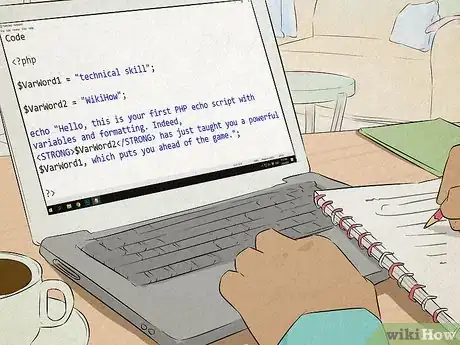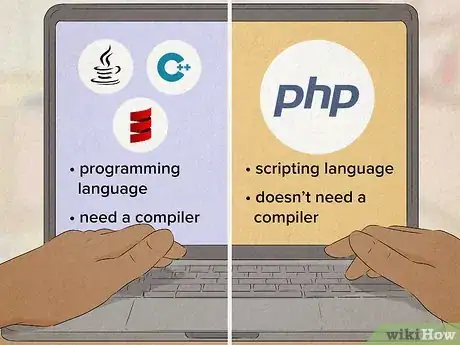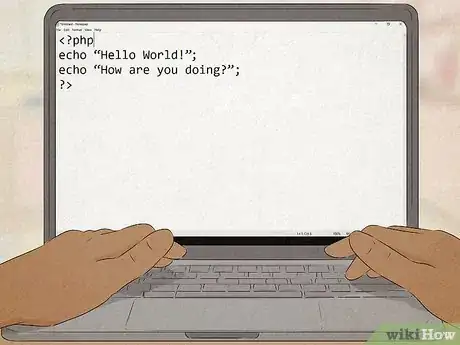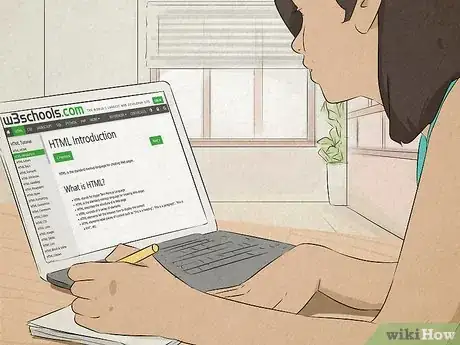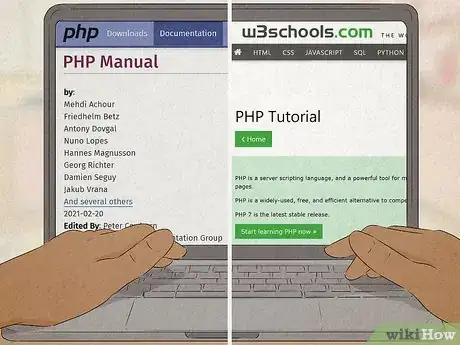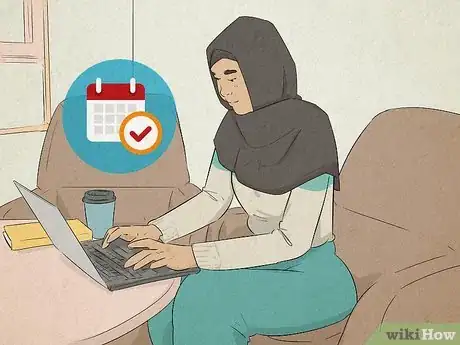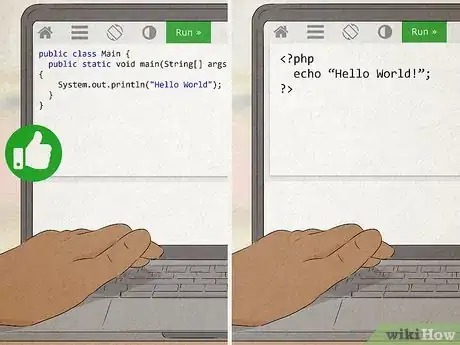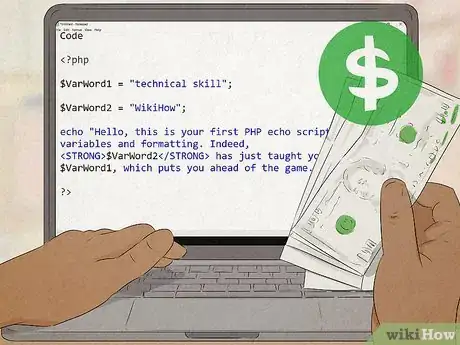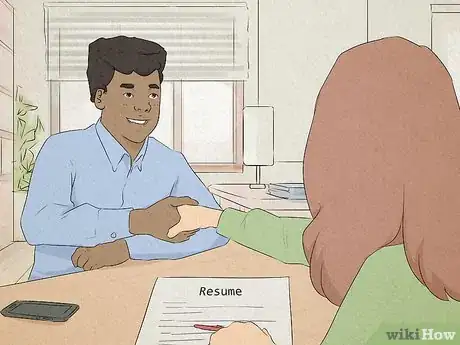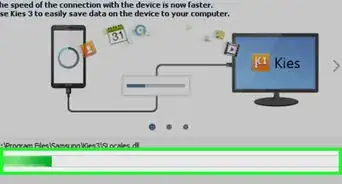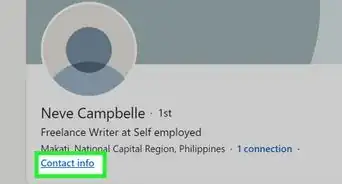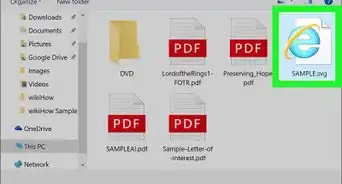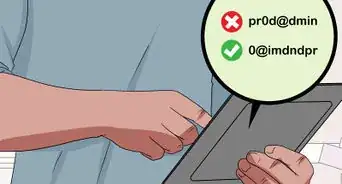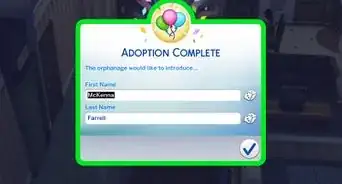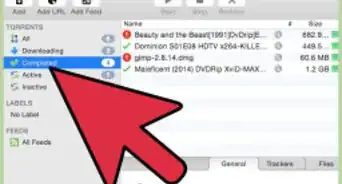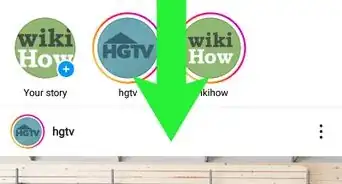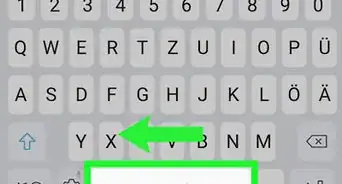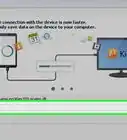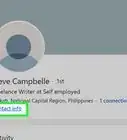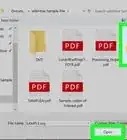This article was co-authored by wikiHow staff writer, Janice Tieperman. Janice is a professional and creative writer who has worked at wikiHow since 2019. With both a B.A. and M.A. in English from East Stroudsburg University, she has a passion for writing a wide variety of content for anyone and everyone. In her free time, you can find her working on a new crochet pattern, listening to true crime podcasts, or tackling a new creative writing project.
There are 16 references cited in this article, which can be found at the bottom of the page.
This article has been viewed 1,893 times.
Originally created in 1994, PHP is a computer scripting language that is still used on many websites and web applications today.[1] This language is a helpful building block for web development and can be a useful skillset in your future tech career. If you’re not sure how to start studying PHP, we’ve got you covered—keep scrolling to get the answers to all your frequently asked questions about this handy language.[2]
Steps
What is the best way to learn PHP?
-
1Reference the official PHP documentation. The PHP manual outlines everything you need to know about the language. It walks you through installation and also teaches you the language’s syntax. This guide talks about some advanced PHP features, too.[12]
- You can find the manual here: https://www.php.net/manual/en/index.php
-
2Study PHP through online classes and tutorials. W3Schools is a free, helpful resource that helps you learn and practice PHP skills. FreeCodeCamp, Codeacademy, GeeksforGeeks, and PHP: The Right Way also offer free tutorials and resources to help you learn.[13]
- If you don’t mind paying a little extra money, Udemy, Lynda, and Coursera are great resources to check out.
How can I learn PHP fast?
-
1Study other PHP applications. Take a deep dive into the coding on a blog, image gallery, e-commerce platform, or other web application powered by PHP. Look over the coding for these applications, so you can figure out how they tick. This process helps you learn what kinds of features different PHP applications have, and how they look and run the way that they do.[14]
- WordPress and osCommerce sites are typically run in PHP.
-
2Make your own application with PHP language. When it comes to PHP, experience is the best teacher. Put your skills to the test with different types of PHP projects, which help test and apply what you’ve learned so far. Start with small tasks, and then work your way up.[15]
- For instance, you could create a barebones website with simple features.
References
- ↑ https://www.php.net/manual/en/history.php.php
- ↑ https://www.w3schools.com/php/php_intro.asp
- ↑ https://www.php.net/manual/en/intro-whatis.php
- ↑ https://www.php.net/manual/en/intro-whatcando.php
- ↑ https://www.php.net/manual/en/intro-whatcando.php
- ↑ https://medium.com/@developer45/what-makes-php-different-from-a-programming-language-a04843eb9db4
- ↑ https://medium.com/jay-tillu/difference-between-scripting-language-and-programming-language-4d520ebf36ef
- ↑ https://trio.dev/blog/companies-using-php
- ↑ https://www.w3schools.com/php/php_syntax.asp
- ↑ https://www.php.net/manual/en/intro-whatis.php
- ↑ https://www.bitdegree.org/tutorials/learn-php/#tip-3-ndash-learn-html-first
- ↑ https://kinsta.com/blog/php-tutorials/
- ↑ https://kinsta.com/blog/php-tutorials/
- ↑ https://www.binarytides.com/tips-learn-php-fast-effectively/
- ↑ https://www.binarytides.com/tips-learn-php-fast-effectively/
- ↑ https://www.phparea.com/php/how-long-does-it-take-to-learn-php
- ↑ https://www.php.net/manual/en/intro-whatis.php
- ↑ https://insights.dice.com/2020/08/20/5-reasons-php-still-a-great-language/
- ↑ https://medium.com/javarevisited/java-or-php-which-is-the-best-choice-for-web-development-in-2020-66da2c63661c
- ↑ https://www.payscale.com/research/US/Job=PHP_Developer/Salary
- ↑ https://www.darwinrecruitment.com/blog/2019/03/future-php-dying-language
- ↑ https://www.darwinrecruitment.com/blog/2019/03/future-php-dying-language
